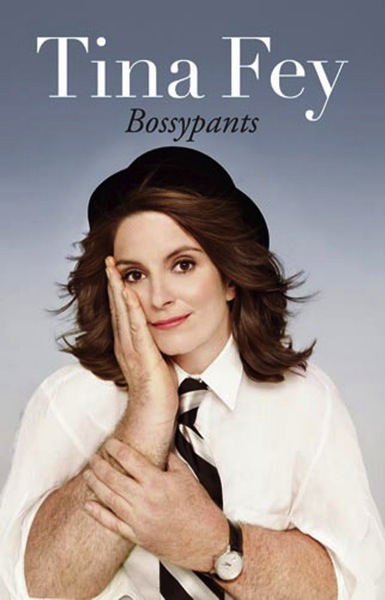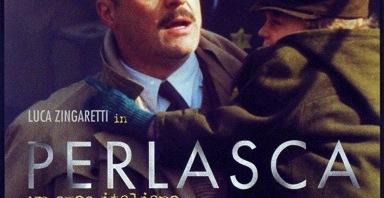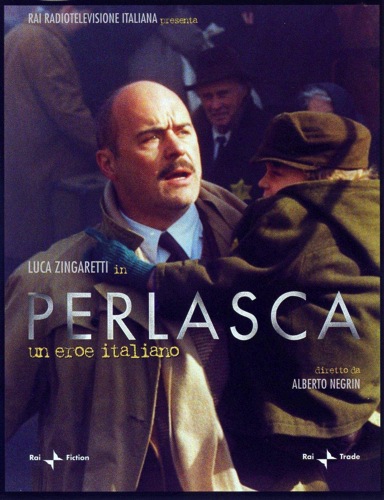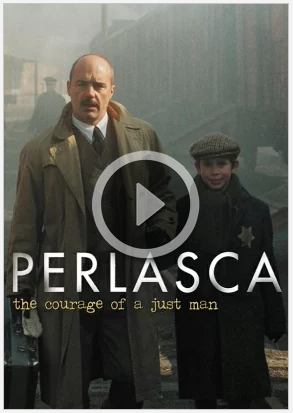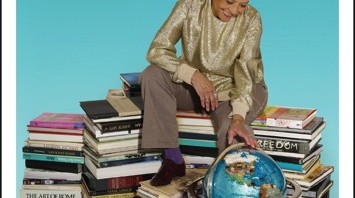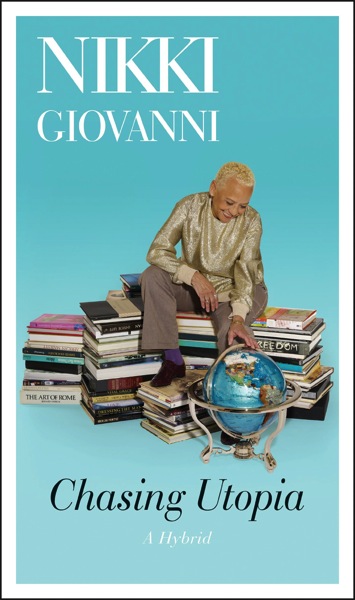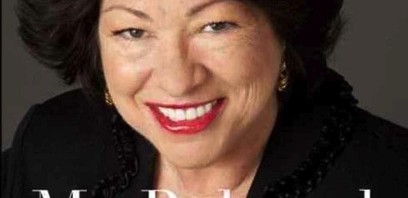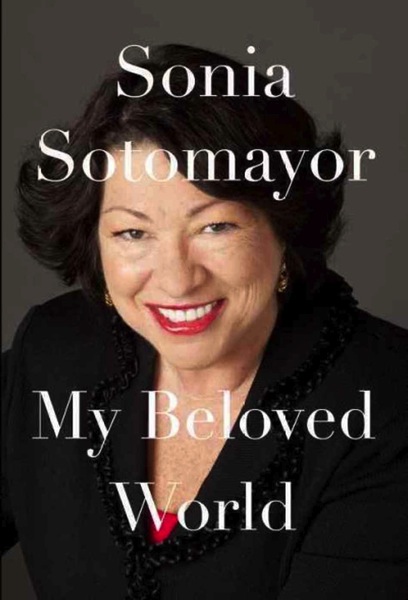Tinay Fey does not need me to write a review of her book as she is Tina Fey and I am not. And because it sat on the New York Times BestSeller List for a good long time. And because she won the Mark Twain Award for humor a few years ago. And because she spent more time writing for network television than I did. But I am compelled to write a review of Bossypants because I have never laughed so much in my life.
If you read nothing else, you have to read the chapter on her father, Don Fey, and the incident with the rug shampooer. Priceless. It’s the one time in decades that I wished I had had a dad in order to tell that kind of joke and later to relate what it was like to watch someone like Lorne Michaels meet someone like Don Fey. Priceless.
Maybe it helps that I, too, am a short-statured brunette who survived growing up in the Midwest in the reign of Reagan and I had many of the same crazy, gay-male-friends-coming-out-to-me-and-only-me during college theatre experiences as Fey has had. Maybe it helps that I, too, have often been the ‘bossiest’ or ‘pushiest’ short-statured brunette in a room full of blondes (whether they be men or women). Maybe it helps that I, too, have been a working mom in businesses where all the men have wives to handle the personal side of their lives. But I don’t think so.
What’s so great about the book — besides the fact that I laughed so hard for so long so many times that my cats came to sit with me because they thought the tears running down my face meant I was watching The Way We Were again – is that she is such a good writer that she brought me to true tears in a paragraph about working with homeless men at a YMCA in her first just-out-of-college job on Christmas Eve while Whitney Houston’s rendition of “I Will Always Love You” played on her Walkman. Heck, I just brought myself to tears summarizing her story!
Sometimes she gives you a funny metaphor followed by an asterisk and rather than having the asterisk lead to a citation (like most of my academic books do) her asterisks lead to a choice of two or three other funny lines she could have used instead, giving you the option of which laugh works best for you. Or they clarify the truth behind a sarcastic point she has made, just in case you, the reader, are not fully schooled in the realities of being a woman in improv in Chicago in the 1990s.
Clearly, I LOVED this book. I think the final cherry on top of the sundae of reading was that one of her final chapters dealt with managing a weekend that involved Oprah Winfrey guesting on 30 Rock, herself doing her Sarah Palin impression on SNL that evening, and hosting her toddler daughter’s pirate birthday party the next day. To Fey’s credit she ranked each of these events evenly, though the photo she chose to include celebrated the success of her pirate cake and not of either of the other successes of that wild and weary working mother weekend.

